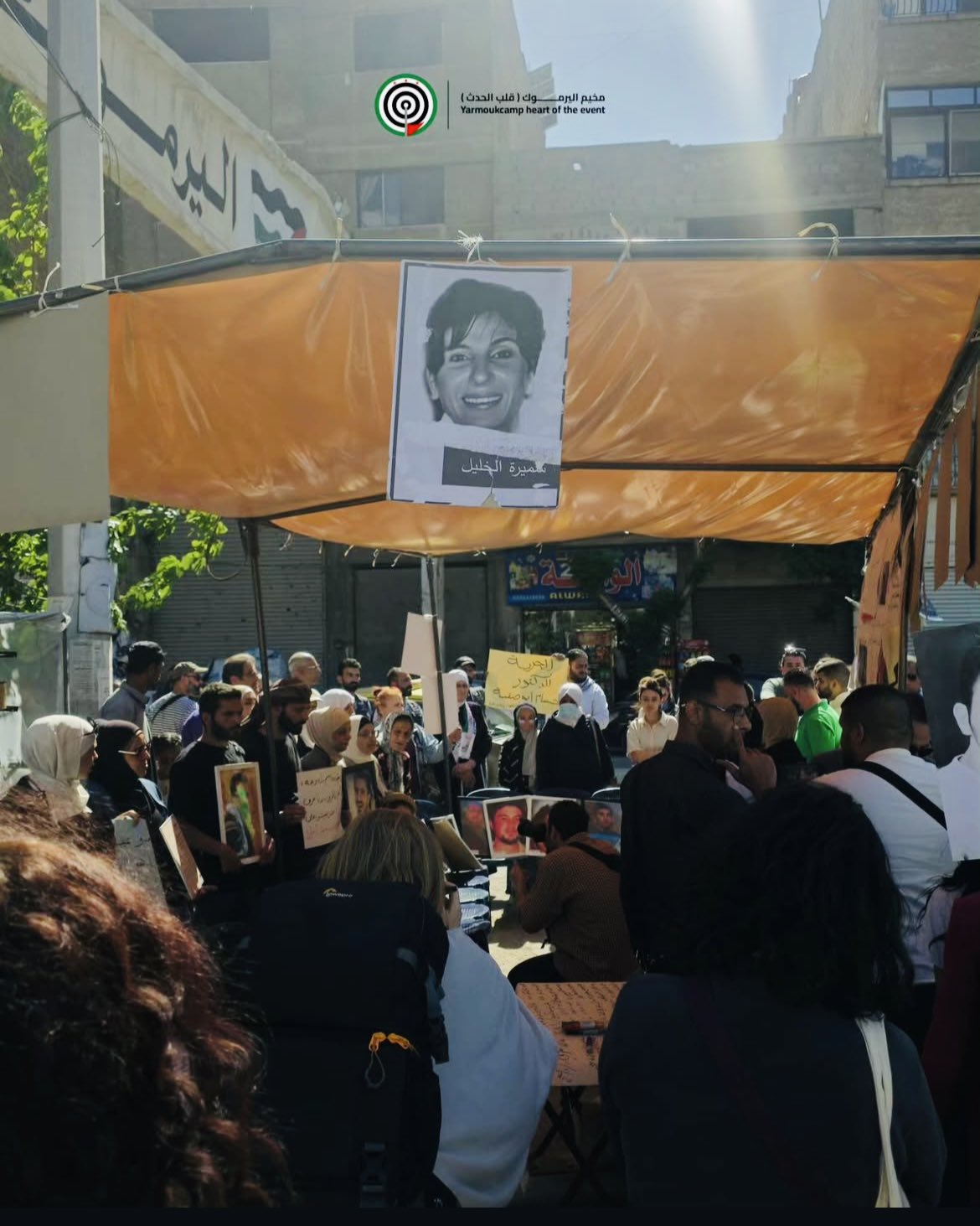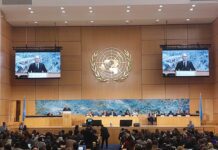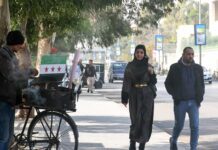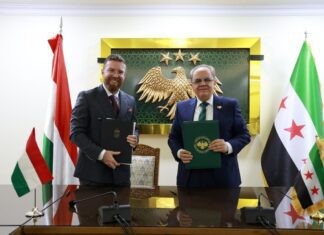
At the entrance to the war-scarred Yarmouk camp south of Damascus, a silent protest unfolded under a banner of pain and persistence. Families of Syria’s forcibly disappeared erected the “Tent of Truth,” a symbolic structure calling for justice and the disclosure of the fate of thousands detained or vanished during the former Assad regime’s despotic reign. Photos of missing loved ones, handwritten letters, and slogans demanding accountability filled the space.
Organized by families from Yarmouk and surrounding areas, the vigil aimed to transform personal grief into collective action. “Let this meeting be a space to share stories and affirm our right to know their fate,” read the invitation circulated ahead of the event. Activists, human rights advocates, and families of Palestinian and Syrian detainees joined the gathering to insist the truth must not be buried along with the past.
A Fragile Start to Accountability
Since the fall of the regime, the Ministry of Interior’s General Security Administration (GSA) has arrested several former regime figures accused of war crimes, including Major General Assaf Issa al-Nissani and Tayseer Mahfoud, both linked to mass disappearances and torture. However, alleged inconsistencies in arrests and the controversial release of some officers with documented crimes have stoked public outrage.
Legal expert Ghazwan Qarnful told Al-Araby Al-Jadeed that arrests alone are insufficient. “When the authority decides to form a special court to consider these crimes, these individuals appear before it,” he said. However, he cautioned that due process and legal frameworks must be clearly defined to avoid politicization or selective justice.
Transitional Justice Lacks Structure
Despite scattered arrests, Syria’s new leadership has not yet established a dedicated body for transitional justice. According to the Syrian Network for Human Rights (SNHR), such a body is urgently needed. In a recent report, the SNHR emphasized that Syria stands at a historic turning point, requiring a comprehensive national plan to confront the regime’s legacy of violations.
The organization outlined four pillars for transitional justice: criminal accountability, truth-telling and reconciliation, reparations and memorialization, and institutional reform, especially in the judiciary and security sectors. The SNHR has documented 16,200 individuals involved in wartime violations, including members of the army, intelligence services, and affiliated militias.
Governance expert Zaidoun al-Zoubi warned that failure to address justice could perpetuate cycles of violence. “This is the way to stop the crimes,” he told Al-Araby Al-Jadeed, urging the new administration to prioritize legal clarity and public trust.
The Tent Will Stay Up
For the families gathered at the Tent of Truth, accountability is not a political slogan—it is a moral demand. “We will continue until justice is achieved,” the organizers declared. As investigations begin and Syria searches for a path forward, these families remain at the forefront, refusing to let the memory fade or silence win.








